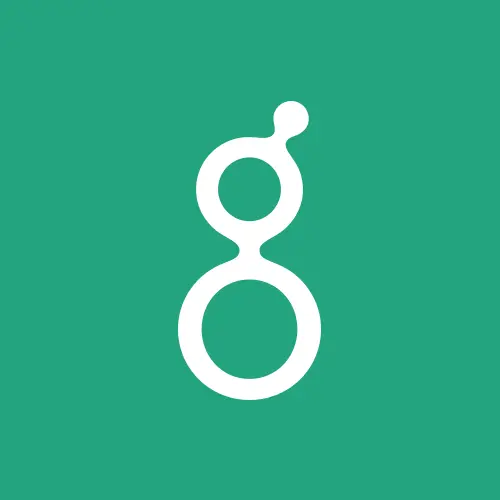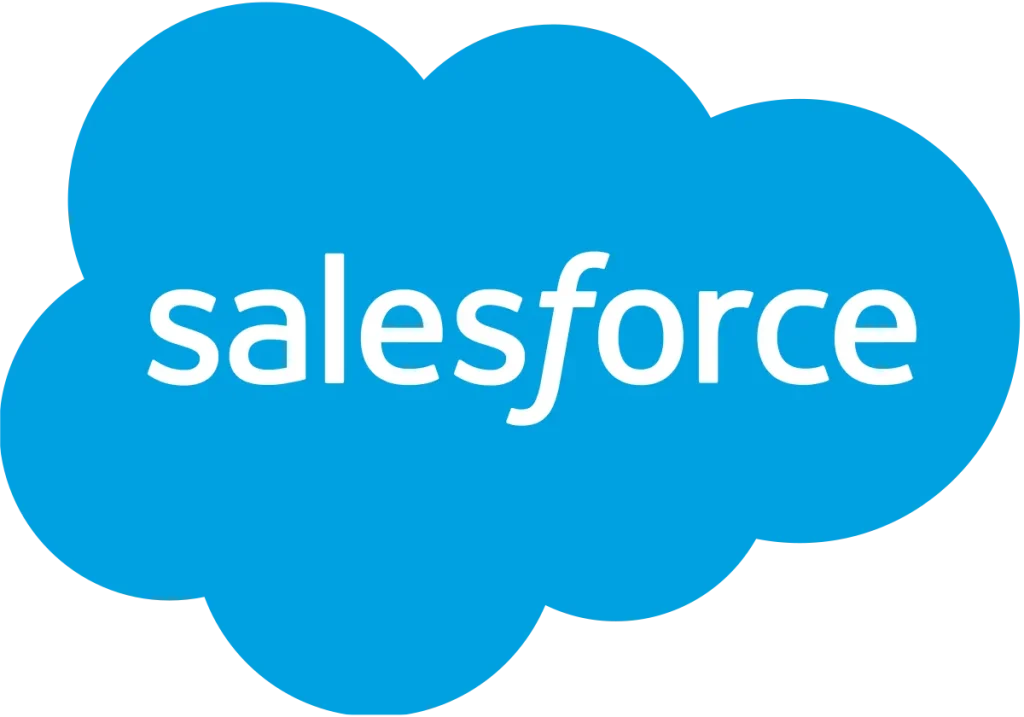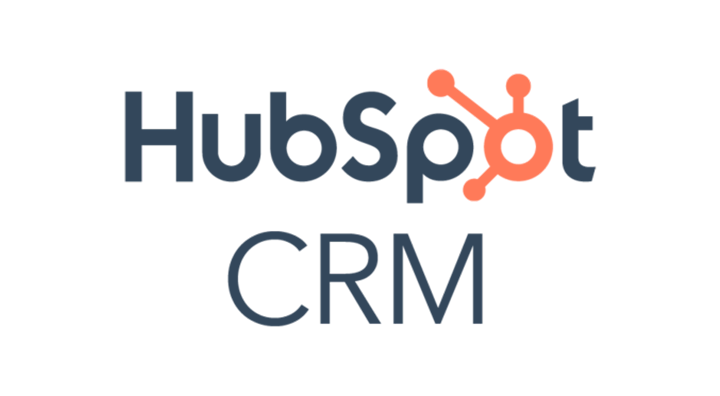
A Recruiting CRM (Candidate Relationship Management) system helps recruiters and hiring managers source, nurture, and convert top talent efficiently. Whether you’re a staffing agency, a growing company, or an enterprise HR team, the right CRM can revolutionize your recruitment strategy.
Recruiting the best talent has never been more competitive. As an HR professional, I know firsthand how important it is to have the right tools to streamline hiring, engage candidates, and build a solid talent pipeline. That’s where Recruiting CRM software comes in.
After extensive research and testing, I’ve compiled this list of the 10 best recruiting CRM software for 2025 to help you choose the perfect solution for your needs.
Contact us now for a free consultation!
Detailed Reviews of the Best Recruiting CRM Software

1. Greenhouse – Best Recruiting CRM for Collaborative Hiring Decisions
Why I picked Greenhouse: Greenhouse excels in structured hiring and collaboration, allowing hiring teams to assign tasks, share feedback, and automate interview workflows. Its strong integrations with job boards, HR software, and recruiting tools make it a top choice.
Key Features:
- Candidate scorecards and structured interviews
- Customizable hiring workflows
- Sourcing automation and diversity hiring tools
- Integration with over 500+ platforms
2. Manatal – Best for Managing Multiple Clients
Why I picked Manatal: If you run a staffing agency, Manatal helps you organize and analyze recruitment efforts across different clients. Its AI-powered recommendation engine enhances candidate sourcing, while its LinkedIn Chrome extension makes importing candidate profiles seamless.
Key Features:
- AI-driven candidate matching
- Resume parsing and job board posting
- CRM for managing client relationships
- Mobile recruiting app
3. Wizehire – Best for Human-Powered Hiring Support
Why I picked Wizehire: Wizehire offers expert hiring coaches to guide your recruitment process. It enables you to post job listings on 100+ job boards while leveraging behavioral assessments for better hiring decisions.
Key Features:
- DISC+ personality assessments
- AI-powered job description optimization
- Text-based candidate communication
- Integration with ADP, LinkedIn, QuickBooks, and Zapier
4. Tracker – Best Recruiting CRM + ATS Combo with Automation
Why I picked Tracker: Tracker blends ATS and CRM functionalities, offering a full-fledged recruitment automation suite. It’s great for staffing agencies looking for robust features like automated email sequences, pipeline tracking, and reporting tools.
Key Features:
- AI-driven sourcing and automation
- Client and candidate management
- Customizable dashboards and analytics
- Bulk emailing and SMS campaigns
5. Recruiterflow – Best End-to-End Recruiting CRM for Staffing Agencies
Why I picked Recruiterflow: This tool is designed for staffing agencies, offering an intuitive interface with pipeline tracking, automated workflows, and advanced candidate sourcing tools.
Key Features:
- Drag-and-drop pipeline management
- Email automation and drip campaigns
- Chrome extension for LinkedIn sourcing
- Client invoicing and reporting tools

6. Salesforce CRM – Best for Customization & Extended Functionality
Why I picked Salesforce CRM: As a highly customizable CRM, Salesforce integrates with AppExchange to offer extended functionality tailored for recruiters and hiring agencies.
Key Features:
- AI-driven candidate insights with Einstein AI
- Powerful automation and workflow customization
- Integration with LinkedIn, DocuSign, and more
- Mobile-friendly dashboard
7. Mitratech Trakstar – Best for End-to-End Employee Lifecycle Management
Why I picked Trakstar: Unlike traditional CRMs, Trakstar focuses on the entire employee lifecycle, from hiring to performance management and engagement.
Key Features:
- AI-powered recruitment automation
- Employee onboarding and training tools
- Performance tracking and feedback system
- HR analytics and compliance tools

8. HubSpot CRM – Best Multi-Purpose CRM with Unlimited Contacts
Why I picked HubSpot CRM: HubSpot’s free plan offers unlimited contacts, making it an excellent option for small and growing recruitment teams.
Key Features:
- Email tracking and automation
- Candidate segmentation and follow-ups
- Customizable dashboards and reports
- Integration with Gmail, Outlook, and LinkedIn
9. Act! – Best for Offline & Mobile Access
Why I picked Act!: If you need a CRM that works offline, Act! is the best choice. It offers desktop and mobile access, making it convenient for recruiters working on the go.
Key Features:
- Offline access to candidate data
- Customizable email marketing tools
- Integration with QuickBooks, Zapier, and Google Workspace
- AI-powered insights and reporting
10. Gem – Best for Nurturing Candidates Through the Pipeline
Why I picked Gem: Gem specializes in candidate sourcing and relationship-building, making it a top pick for nurturing passive candidates.
Key Features:
- Automated follow-ups and reminders
- AI-driven talent sourcing
- Deep LinkedIn and ATS integration
- Engagement analytics and reporting
Why Do You Need Recruiting CRM Software?

Recruiting CRM software is more than just a tool—it’s a game-changer in streamlining your hiring process. It helps businesses manage large volumes of candidates, enhance communication, and build stronger relationships with potential hires. Whether you’re a staffing agency, a growing startup, or an enterprise-level organization, having a robust CRM system will ensure you attract and retain the best talent efficiently.
Selection Criteria for Recruiting CRM Software
Choosing the right Recruiting CRM software requires a deep understanding of your recruitment challenges. Here’s the framework I used to evaluate the best options:
1. Core Functionalities (25% of Evaluation Score)
A powerful Recruiting CRM should include essential features such as:
- Candidate Database Management: Efficiently store and manage large volumes of candidate data.
- Candidate Sourcing: Ability to source active and passive candidates from multiple platforms.
- Search & Filter Tools: AI-powered filters to find the best candidates for each role.
- Career Page Integration: Simplifies the application process for candidates.
- Automated Email & Templates: Store job postings, interview invitations, and reference check requests for seamless communication.
- Collaboration Tools: Support for team-based hiring decisions.
2. Standout Features (25% of Evaluation Score)
Beyond the basics, some standout features make a Recruiting CRM truly exceptional:
- AI-Powered Matching: Reduces time-to-fill by identifying top candidates quickly.
- Automated Engagement Tools: Personalized communication via email campaigns or video interviews.
- Diversity & Inclusion Tools: Bias-reducing features like blind screening.
- Advanced Analytics: Predictive insights for hiring trends and workforce planning.
- Customization Options: Branding, workflows, and integrations tailored to your needs.
- Mobile Optimization: Dedicated mobile apps for hiring on the go.
3. Usability (10% of Evaluation Score)
Ease of use is essential when implementing a new Recruiting CRM. Key factors include:
- User-Friendly Interface: Simple design with visual pipelines and drag-and-drop tools.
- Role-Based Access Controls: Secure access tailored for different team members.
- Seamless Integrations: Compatibility with ATS, HR systems, and digital calendars.
4. Onboarding & Customer Support (20% of Evaluation Score)
A strong support system is critical for a smooth transition. Consider:
- Quick Setup & Training Materials: Video tutorials, webinars, and interactive guides.
- Migration Support: Assistance in transferring data from existing systems.
- Multi-Channel Support: Access to email, phone, chat, and knowledge base for troubleshooting.
- Dedicated Account Managers: Personalized support for enterprise users.
5. Pricing & Value for Money (10% of Evaluation Score)
Recruiting CRM solutions should offer flexibility in pricing:
- Free Trials & Demos: Ability to test software before committing.
- Transparent Pricing Models: Clear cost breakdowns and feature inclusions.
- Scalable Plans: Options for small businesses, mid-sized firms, and large enterprises.
6. Customer Reviews & Industry Reputation (10% of Evaluation Score)
Evaluating real user feedback ensures you choose a Recruiting CRM that delivers:
- Consistently High Ratings: Across multiple review platforms.
- Strengths & Weaknesses: Trends in user feedback on features, usability, and support.
- Success Stories: Testimonials showcasing recruitment process improvements.
Key Trends in Recruiting CRM Software for 2025
To stay ahead, your Recruiting CRM should align with the latest industry trends:
1. AI and Machine Learning Advancements
Modern Recruiting CRMs leverage AI to enhance candidate sourcing, automate repetitive tasks, and predict job fit more accurately.
2. Personalized Candidate Engagement
Advanced personalization features enable recruiters to build stronger relationships by tailoring communication based on candidate preferences and interactions.
3. Enhanced DEI (Diversity, Equity & Inclusion) Tools
Recruiting CRMs now include features that minimize unconscious bias and promote diversity in hiring.
4. Mobile-Optimized Recruiting
Mobile-friendly solutions ensure recruiters and candidates can engage anytime, anywhere.
How to Choose the Best Recruiting CRM for Your Business
Here’s a step-by-step guide to selecting the right solution for your needs:
- Identify Your Challenges: What recruitment pain points do you want to solve?
- Define Your Users: Who will use the software, and what are their requirements?
- List Essential Features: Prioritize must-have functionalities.
- Consider Integrations: Ensure compatibility with existing HR tools.
- Evaluate ROI: Measure expected outcomes, such as reduced time-to-hire and improved candidate engagement.
- Test Before You Buy: Utilize free trials and demos before making a decision.
Choosing the right recruiting CRM software can transform your hiring process, making it more efficient, data-driven, and engaging. Whether you’re a staffing agency, corporate recruiter, or HR professional, the best recruiting CRM tools of 2025 offer AI-driven sourcing, automation, and seamless integration to help you attract and hire top talent. Take advantage of free trials and demos to find the perfect fit for your business and stay ahead in the competitive hiring landscape.
MORE READ: Contract IT Staffing Services
